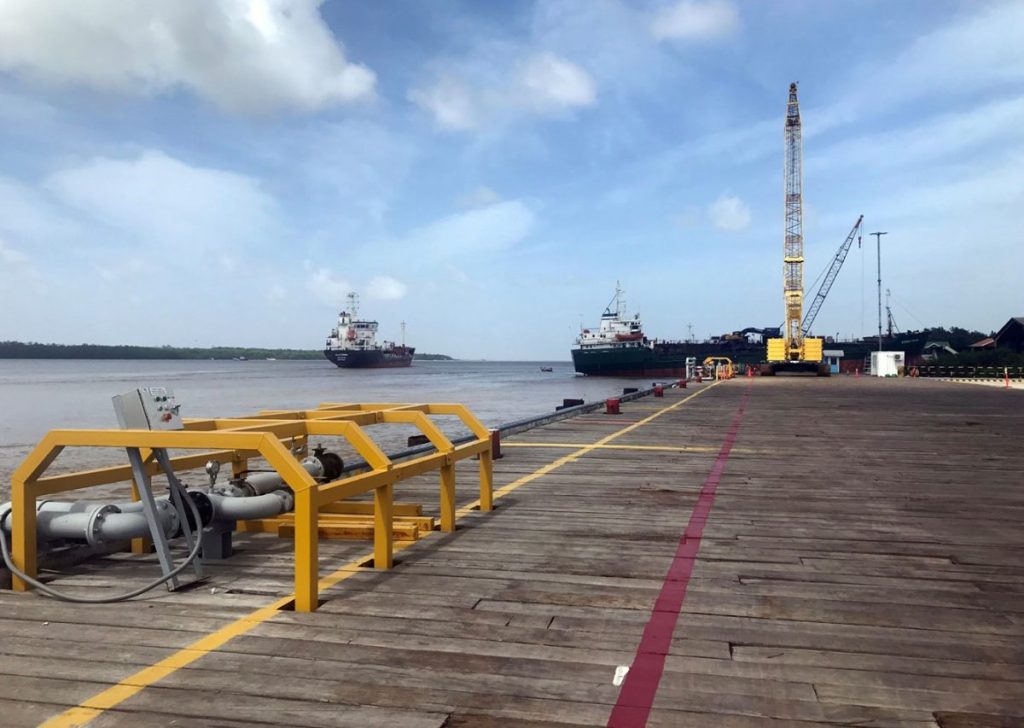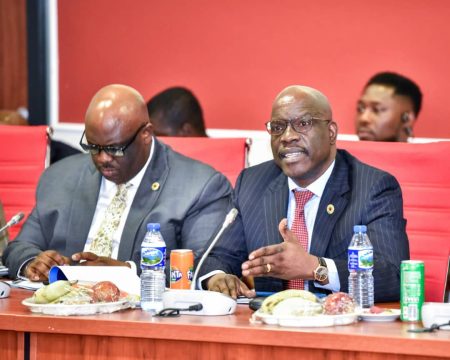
London — Guyana will export 225 cargoes in crude oil by 2024, said its energy minister on Tuesday. A consortium led the U.S. giant Exxon Mobil has been ramping up its production and updating its facilities.
Last year, Latin America’s new oil producer became the fifth largest crude oil exporter in the region, after Brazil, Mexico and Venezuela. It was also identified as a major contributor to the global growth of oil supplies.
Minister Vickram Bharrat announced that detailed figures about output and exports would be released this week. He said that the government will ship 28 cargoes from the crude oil produced by Exxon in 2024.
LSEG data based upon tanker movements shows that Guyana’s oil imports increased 54% last year to 582,000 barrels of oil per day (bpd). LSEG data shows that in 2023 the country exported 136 cargoes of crude oil, averaging 377,000 barrels per day.
According to traders and LSEG data, the shipments last year met the demand of European refiners who wanted easy-to-process sweet grades to replace certain Middle Eastern grades.
Exxon didn’t immediately respond to a comment request.
Bharrat stated that an exploration licence for Canada’s Frontera Energy and CGX Energy, which are both based in Canada, cannot be renewed after they were given extra time to assess the offshore block. The companies will have to reapply.
These companies are expected to be the first to begin production in the country, as the government attempts to diversify the oil industry currently dominated Exxon.
This year, the government will be focusing on increasing production. Guyana’s fourth floating storage and offloading facility (FPSO), expected to arrive in the next few months, will increase output capacity by 250,000 bpd. Bharrat stated that two more vessels will be added in the next 2 years.
The administration of President Irfaan Ali is also working this year on legislation, including its Gas Strategy, and on progressing a gas to energy project after the approval last week of a loan amounting to $526 million by the U.S. Exports and Imports Bank.
*Marianna Pararaga, Sheila Dang, editing: Barbara Lewis – Reuters



